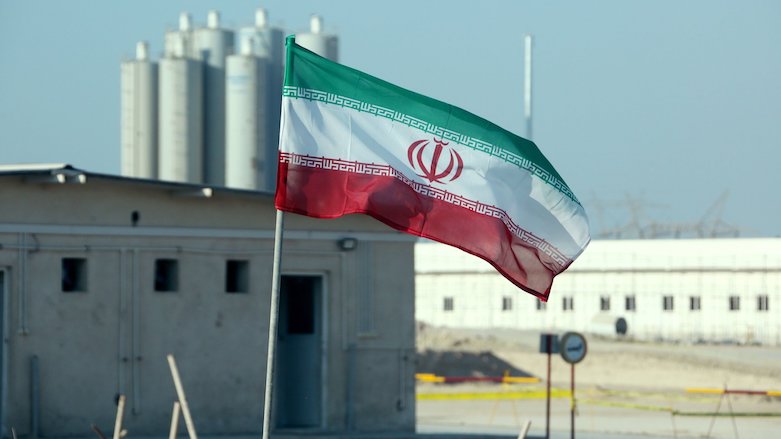US ends waivers for Iran’s civilian nuclear programs

WASHINGTON DC (Kurdistan 24) – US Secretary of State Mike Pompeo announced on Wednesday that the US was ending sanctions waivers that had allowed foreign companies to work on civilian components of Iran’s nuclear program.
“I am announcing the end of the sanctions waiver” that covers the remaining nuclear projects in Iran that were permitted under the 2015 Iranian nuclear deal, Pompeo said in a written statement. He listed them as “the Arak reactor conversion, the provision of enriched uranium for the Tehran Research Reactor, and the export of Iran’s spent and scrap research reactor fuel.”
Pompeo explained that the new measures were being taken because “the Iranian regime has continued its nuclear brinkmanship by expanding [nuclear] proliferation sensitive activities.”
After the US withdrew in May 2018 from the Iranian nuclear deal (formally known as the Joint Comprehensive Plan of Action—JCPOA), and began to re-impose sanctions on Iran, Tehran began to exceed the limits permitted for its nuclear program under the deal.
According to a report issued late last year by the International Atomic Energy Agency, Iran has violated the terms of the JCPOA in three ways. It has begun enriching uranium at an undeclared site; its stockpile of low-enriched uranium has grown beyond allowable limits; and it is enriching uranium to a somewhat higher level than allowed in the agreement.
Pompeo called such actions “unacceptable,” as he affirmed, “the regime’s nuclear extortion will lead to increased pressure on Iran and further isolate the regime from the international community.”
Russian companies have been providing enriched uranium for the Tehran Research Reactor, as well as removing spent fuel from the reactor. They will be subject to sanctions, if they do not end that work within the 60 days that Pompeo gave to wind down such activities.
In the JCPOA, Iran agreed to redesign its Arak reactor so it could not be used to produce plutonium, which can also be used to make a nuclear weapon. Chinese and UK companies have been involved in refitting the Arak reactor, as the Wall Street Journal reported, and they would similarly be subject to sanctions, if their work continued beyond 60 days.
Additionally, Pompeo announced that two officials involved in Iran’s nuclear program would also be sanctioned: Amjad Sazgar and Majid Agha’i.
Sazgar “managed and supervised the installation of centrifuges at Iran’s Fordow Fuel Enrichment Plant,” Pompeo explained. According to a brief LinkedIn profile, the 41-year-old Iranian scientist has a Ph.D. in mechanical engineering from Tehran’s Sharif University of Technology.
Sazgar also “managed uranium centrifuge activities that have contributed to Iran exceeding its enriched uranium stockpile” beyond that permitted in the JCPOA, Pompeo said.
Agha’i, Pompeo explained, is a manager in a subsidiary of Iran’s Atomic Energy Organization “responsible for research and development of advanced centrifuges.”
Editing by Karzan Sulaivany
